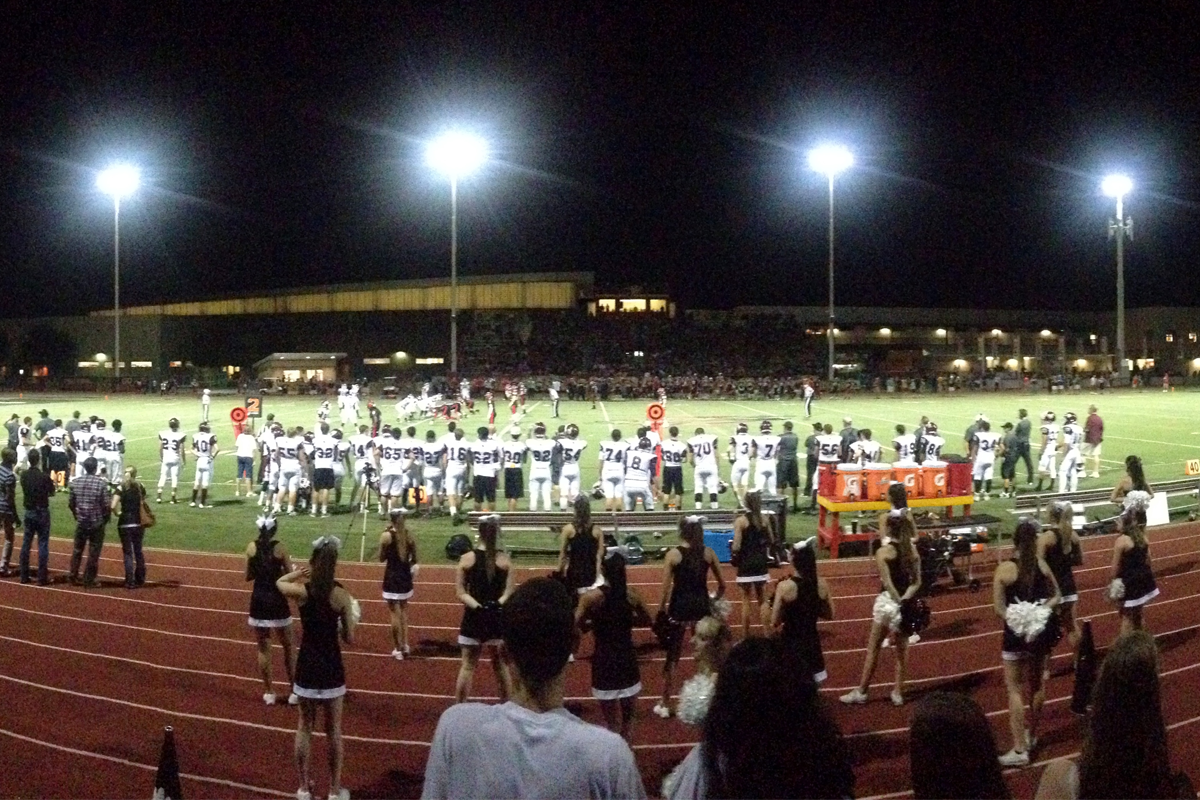There are many safety and security issues that you must consider at the start of the new school year. Logically, we devote most of our time to discussing what to do during regular school hours. However, there is considerable risk to your school’s safety when we look at the extracurricular activities your schools also have regularly: sporting events, clubs, theatrical productions, field trips, etcetera. It is essential to plan for these events before having them. Planning needs to be for each event, not only the general events. Each activity has unique influences and circumstances which we must consider. For example, when we look at your typical football game, many differences influence how you approach the safety and security plan for a particular game: rivalries, how someone's season is progressing, playoff considerations, gangs or other violent activities in the area, location, size, and makeup of the crowd, etcetera.
While many of your extracurricular activities will have the same considerations, here are a few specific planning factors for a Friday night football game:
- Crowd Control: High school football games can attract large crowds, and managing the flow of people, preventing overcrowding, and maintaining order can be challenging. Inadequate crowd control can lead to safety hazards and potential conflicts.
- Rivalries and Tensions: Intense rivalries between schools can escalate into conflicts or violence within and outside the stadium. Ensuring that emotions don't boil over into confrontations is crucial.
- Alcohol and Substance Abuse: Some attendees might attempt to bring alcohol or drugs into the event, leading to disruptive behavior, altercations, and safety risks for others.
- Gatecrashers: People without tickets trying to enter the stadium can cause disruptions and security issues. Proper ticketing and entrance procedures are essential.
- Vandalism and Property Damage: Football games might get targeted for acts of vandalism, such as graffiti or destruction of property, which can have financial implications for the school.
- Personal Conflicts: Attendees, including students, parents, and community members, may have conflicts that could escalate during the event. Security personnel must be prepared to defuse these situations quickly.
- Emergency Medical Situations: Injuries can occur on the field and in the stands during the game. Adequate medical staff and facilities should be available to handle emergencies.
- Evacuation Plans: In case of emergencies such as severe weather, fires, or other unforeseen events, having a well-coordinated evacuation plan is crucial to ensuring the safety of attendees.
- Security Screening: Proper security screening should be in place to prevent prohibited items from entering the stadium, including weapons or other dangerous objects.
- Cybersecurity: In today's digital age, there's a potential for cyber threats, especially if the event involves online ticketing, live streaming, or other digital services
- Social Media and Communication: Misinformation or rumors circulating on social media can contribute to panic or confusion. Having a reliable communication plan to address such situations is essential.
- Terrorism Concerns: While rare, the potential for acts of terrorism and other acts of violence cannot be completely overlooked. Security measures should include strategies for preventing, mitigating, and responding to such threats.
- Child Safety: Families with children often attend High school football games. Ensuring child safety measures, such as lost child protocols and child-friendly areas, is critical.
To address these concerns and others, schools and event organizers should collaborate with local law enforcement, security professionals, medical personnel, and other relevant stakeholders to develop a comprehensive security plan tailored to their specific circumstances. The goal is to create an environment where attendees can enjoy the game safely and without disruptions.









(1)